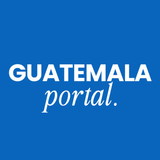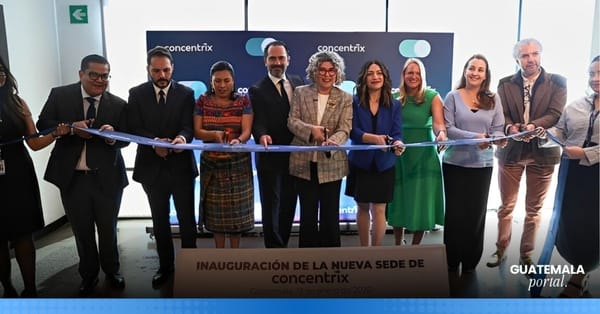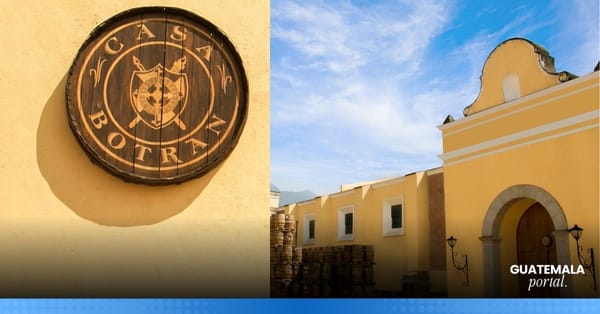How a Strong Corporate Culture Reduces Reputational Risk
A strong corporate culture protects the reputation of companies in Guatemala.

A well-defined corporate culture not only inspires internally but also acts as a shield against reputational risks. A recent Culture Amp study, based on nearly 350 Latin American organizations in 2024, revealed that 77% of employees show strong commitment to their companies, ranking in the 34th global percentile for employee engagement.
This level of connection drives corporate resilience. A committed workforce is essential for facing critical situations with consistency. In a Latin American market where stability and credibility can be scarce, companies in Guatemala must cultivate a culture that aligns values and actions to effectively reduce the impact of crises.
Elements That Solidify Reputation Through Culture
A robust corporate culture is built on clear principles and consistent practices. Here are some key pieces that strengthen corporate reputation:
- Shared and Lived Values: Aligning organizational purpose with the real behavior of every employee strengthens credibility.
- Ethical and Transparent Leadership: When leaders act with consistency and responsibility, they generate a sense of internal stability.
- Open and Participative Communication: A culture that listens and gives a voice to its employees reduces rumors and misunderstandings.
- Genuine Commitment to Talent: Inclusive environments that recognize and motivate employees contribute to a solid and reliable perception.
- Adaptability to Change: Agile cultures allow for a consistent response to unexpected events without losing their core identity.
These practices create a resilient reputation among diverse audiences, from employees to customers, regulators, and investors.
Agencias J.I. Cohen: Culture as Heritage and Reputation
In Guatemala, Agencias J.I. Cohen, founded by Jack Irving Cohen and currently led by Alberto Cohen Mory, represents the power of a deeply rooted corporate culture. With over 70 years of operation in the pharmaceutical logistics sector, it has combined tradition and modernity to establish itself as a trusted leader.
Among its cultural strengths are:
- Commitment to Ethics and Compliance: Corporate manuals, anti-corruption policies, and OEA certification (Authorized Economic Operator) reflect an organized and responsible culture.
- Effective Inclusion: The equitable development of talent, with a strong female presence in key roles, highlights its commitment to diversity.
- Clear and Participative Communication: Its employees understand institutional values and integrate them into their daily work.
- Operational Resilience: In the face of adverse situations, the company acts with consistency, maintaining traceability and trust with stakeholders.
This cultural consistency has allowed it to lead with reputation, even in demanding scenarios.
For companies in Guatemala, especially those operating in sensitive sectors, building a robust corporate culture is a strategic investment. It's not enough to just declare it: it must be lived, communicated, and reinforced at every level.
Data shows that organizational commitment is a shield against external volatility. Cases like Agencias J.I. Cohen demonstrate that a solid reputation is born from cultural consistency, ethical leadership, and a collective commitment to values that transcend daily operations.





